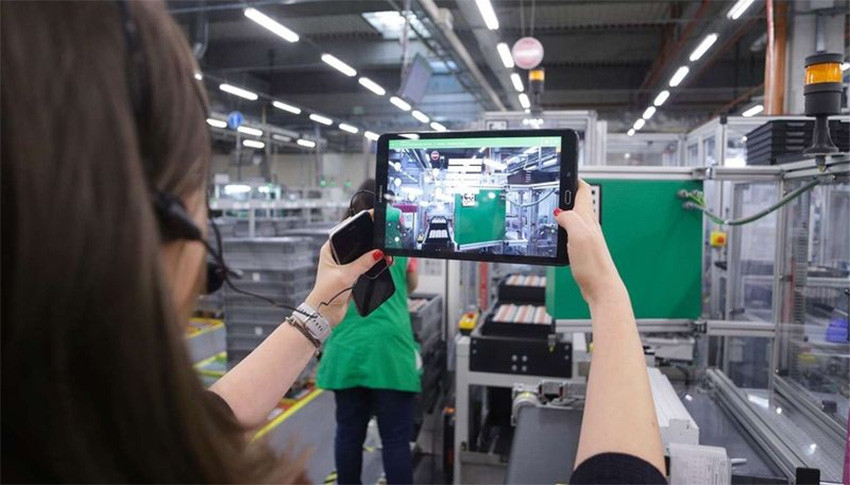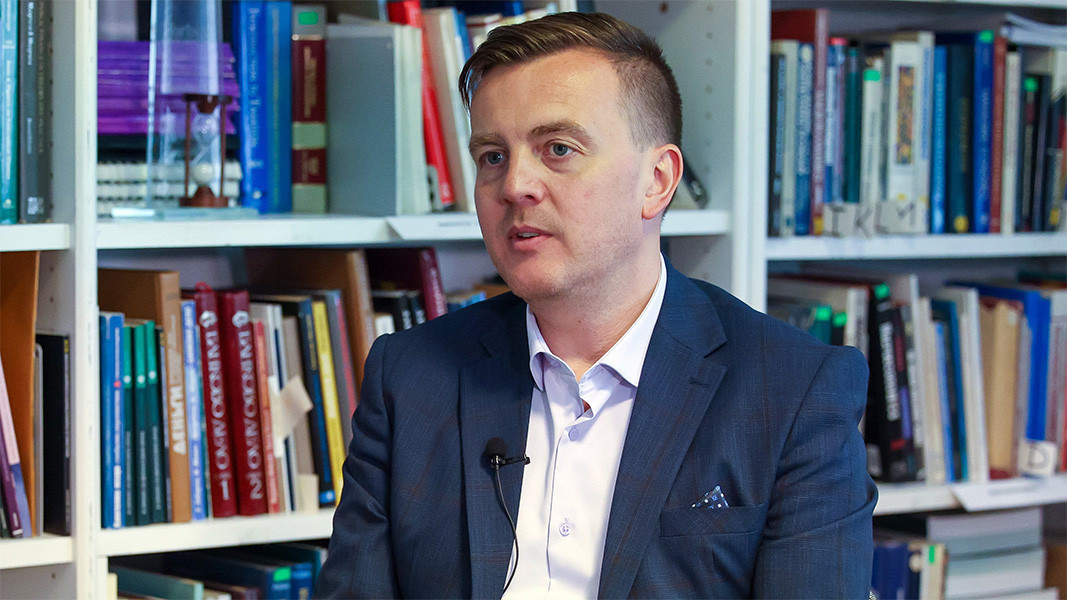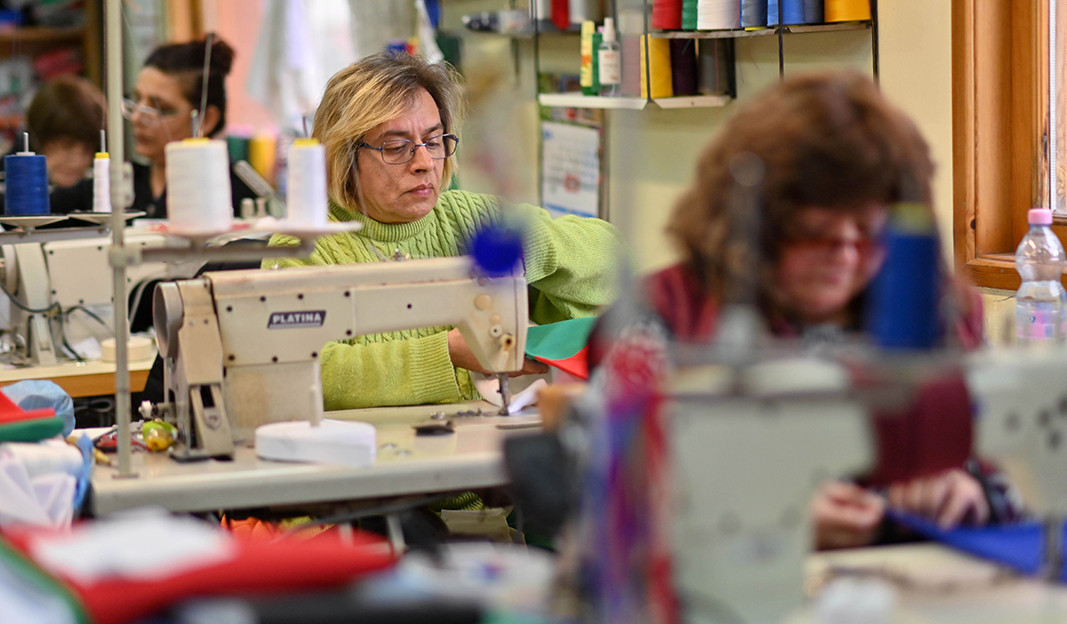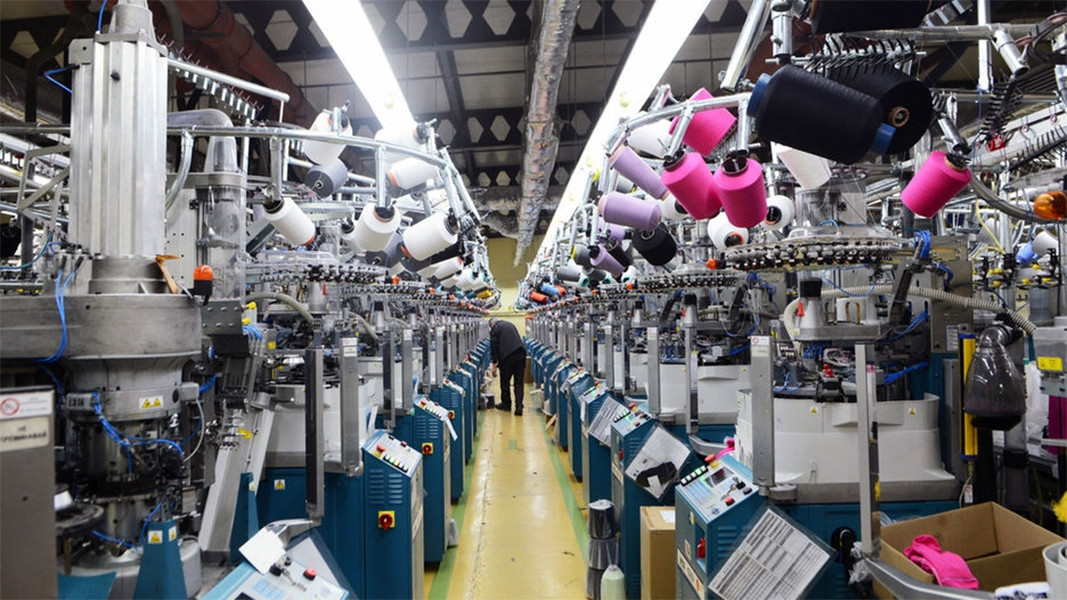Transformation – this is the word that most accurately describes the current state of the Bulgarian industry. According to an analysis of sectoral data for the period from 2008 to the beginning of 2024, made by the Institute for Market Economics /IME/, Bulgaria is losing its image as a destination that attracts foreign investment with its cheap labour.
Modern trends in production and trade, as well as the consequences of external economic crises, have led to a natural reorientation of industry in Bulgaria. According to IME data, low-tech sectors such as textile, clothing and furniture enterprises, which had the largest share in employment, are already losing their potential and the number of employed workers is decreasing. On the other hand, the growth of production, sales and hiring of employees in the medium and high-tech sectors is increasing. Among them are the production of electrical equipment and elements for the automotive industry, the so-called mechatronics sector. The growth of production there since 2008 has been 60% and the number of employed people has grown significantly – again 60%. There is also a change in the production of computer equipment and electronics – the growth of production here is 150%, but the number of employed people remains small - about 10-11 thousand people.

"The sectors with the highest growth this year are expected to be the arms industry again, as well as computers and communication equipment," says Petar Ganev, economist at the Institute for Market Economics:

"Light industry and industry in general, which creates nearly 500,000 jobs, is going through its transformation. Industries such as textiles, clothing, furniture are being restructured. Such enterprises are losing jobs and this trend will continue. They are producing less than they used to. While on average, for high-tech enterprises such as the automotive sector and mechatronics, despite some problems due to low economic growth in Europe, the long-term trend is now positive. They even manage to create jobs, manage to raise productivity and contribute to the country's economic growth. This transformation will continue. We are already saying that we are not the destination for investments because of cheap labor. We see several factories that have closed their production in northwestern Bulgaria. This means that the moment you don't have this competitive advantage of a cheap destination, you have to fight for other things. This has its effect in areas with high unemployment as people have to find other jobs."

“However, the trend is generally positive,” Petar Ganev says. According to him, we have to get used to this model, in which labour costs in this country are growing significantly, even more than labour costs in Europe. Now they are 10-15% on an annual basis and in some industries they reach 25% per year. The news will no longer be the growth in employment and services. The news will now be the transformation of these 500,000 jobs, which will move to medium and high-tech sectors, Petar Ganev says and specifies that even within the lower-tech sectors, the aspiration of textile and clothing companies will be to invest more capital and modernize production. In this way, they will become more efficient and will be competitive on the foreign market.

"There is a growth in wages in all sectors as the minimum wage increases and we have to take into account the connection with the budget and that we are raising social insurance contributions. These are additional labour costs. If in 2027 the cost of social insurance increases by 3%, this is an additional labor cost and leads to further losses of competitiveness for businesses along this line. So, the topic of human capital, knowledge, industrial infrastructure will become particularly important as these are other elements, beyond labour costs."
Publication in English: Al. Markov
Photos: BGNES, BTA, se.com, industryinfo.bg, kvorum-silistra.info
The average price of apartments sold in Sofia in the third quarter of 2025 reached €2,310 per square metre , marking an annual increase of 25.5%, according to data from Bulgarian Properties. While new developments remain popular, limited supply and..
Natural gas prices in Bulgaria are set to fall by just over 4% in December , significantly higher than the previously forecast 1% drop, according to calculations by state-owned supplier Bulgargaz, reported BNR correspondent Yuliyana Kornazheva. This..
The Executive Board of the International Monetary Fund (IMF) has concluded the 2025 Article IV Consultation with Bulgaria. According to the IMF’s procedure for assessments and recommendations, domestic demand is driving a robust expansion of the..

+359 2 9336 661
